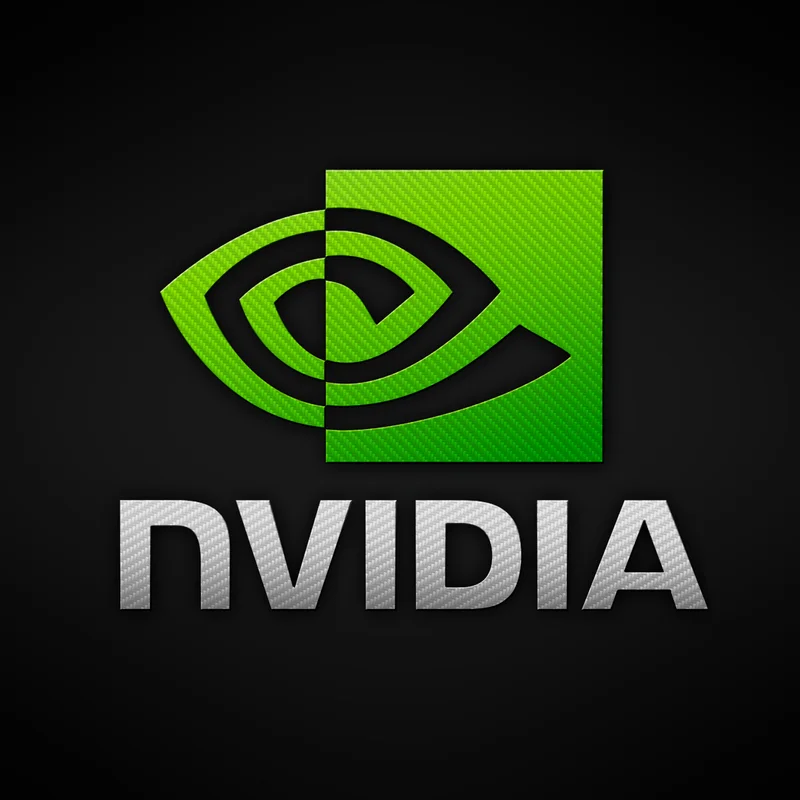Title: Nvidia's Software Struggles: A Reality Check on the AI Hype
Nvidia, the darling of the AI boom, recently crossed the $3 trillion market cap threshold (briefly even touching $5 trillion). But behind the soaring stock price and breathless headlines, some internal emails paint a less-than-perfect picture. Specifically, a disconnect between Nvidia's sales team and their clients, particularly concerning the adoption and understanding of Nvidia's AI Enterprise (NVAIE) software suite. This isn’t just a minor hiccup; it’s a potential crack in the foundation of Nvidia’s long-term strategy.
Software Sales: A Missed Opportunity?
Nvidia's core business remains GPUs and AI hardware. No surprise there. Software, while smaller, is crucial for recurring revenue and deeper customer integration. Internal forecasts for Q3 fiscal 2026 (yes, we're already talking about that) reveal a mixed bag. Stand-alone software sales are projected to exceed targets, hitting 110%. However, software bundled with hardware is lagging significantly, reaching only 39% of its goal. That's a 71% discrepancy—a number that should raise eyebrows.
The overall software sales forecast for the quarter is $78.7 million, primarily driven by NVAIE, which is expected to hit 186% of its target. This suggests that NVAIE is carrying the weight, but the underperformance of bundled software indicates a problem in cross-selling or customer adoption. Are customers truly understanding the value proposition of Nvidia’s software ecosystem, or are they just buying the GPUs and figuring out the software later?
The Disconnect: Procurement and Legal Teams
The most concerning revelation from the internal emails is the "fundamental disconnect" between Nvidia and clients' legal and procurement teams, especially in highly regulated industries like finance and healthcare. These industries are known for their rigorous data security and indemnity obligations. Nvidia's standard terms apparently aren't cutting it. Clients are requesting higher damages caps than Nvidia is willing to accept, creating friction in negotiations. Nvidia's internal emails reveal a 'fundamental disconnect' with major software clients.
This isn't just about legal wrangling; it's about trust and risk assessment. Highly regulated industries operate under intense scrutiny. They need assurances that Nvidia can protect their data and bear the financial burden if something goes wrong. If Nvidia can't provide those assurances, clients may hesitate to fully embrace Nvidia's software solutions, regardless of the hardware's capabilities.

And this is the part of the report that I find genuinely puzzling. Nvidia built its reputation on providing cutting-edge solutions for complex problems. Why are they seemingly unprepared for the regulatory hurdles of these key industries? Is it a lack of understanding, or an unwillingness to compromise on their terms?
Comprehensive Story?
The internal emails highlight the need for a "comprehensive software story" around NVAIE and other software products. Sales partners and account managers are struggling to articulate the value proposition effectively. There are plans for customer workshops to demonstrate how to use NVAIE and other product libraries for AI ventures. But is this enough?
Creating a "comprehensive story" is more than just marketing jargon. It requires a deep understanding of customer needs, clear communication of benefits, and a willingness to address concerns. It means speaking the language of legal and procurement teams, not just engineers and data scientists. It means demonstrating tangible ROI and mitigating potential risks. If Nvidia can't bridge this communication gap, their software ambitions may remain just that—ambitions.
It's like trying to sell a race car without explaining how to drive it. Sure, the hardware is impressive, but if the customer can't use it effectively, it's just an expensive paperweight.
Software Still the Achilles Heel?
Nvidia's hardware dominance is undeniable. Their GPUs are the gold standard for AI and machine learning. But their software strategy remains a work in progress. The internal emails reveal a need for better communication, stronger customer relationships, and a willingness to adapt to the unique needs of different industries. If Nvidia can address these challenges, they can solidify their position as the leading AI platform provider. If not, they may find their software ambitions overshadowed by their hardware success.
The Hype Needs a Dose of Reality
Nvidia's success is undeniable, but the internal emails serve as a necessary dose of reality. The company faces real challenges in scaling its software business and meeting the demands of enterprise clients. Overcoming these hurdles will be crucial for Nvidia's long-term growth and sustainability. The AI revolution is just beginning, and the software battle is far from over.
